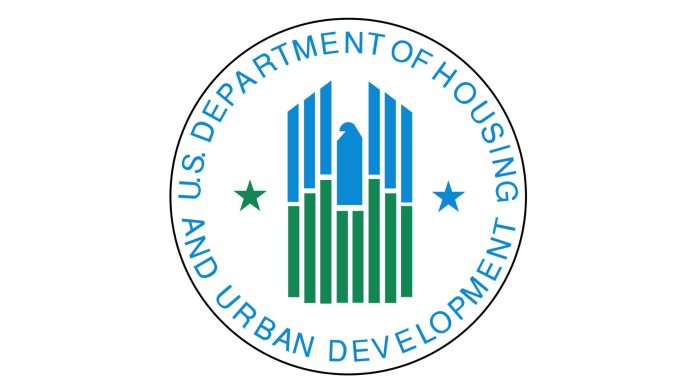Atlanta, Georgia – U.S. Sens. Rev. Raphael Warnock and Jon Ossoff have secured nearly $2 million for Atlanta. This money, given by the U.S. Department of Housing and Urban Development, will be used to make homes safer for people living in the city.
A news announcement stated that $1.75 million of this money is going to fix up houses and tackle problems to prevent families and kids from living in unsafe homes.
“Georgia children can’t grow and thrive unless they’re living in a safe and healthy environment. When we fight for the health of children across the Peach State, we fight for the next generations of leaders. I’ll continue working to ensure our schools and homes are hazard-free,” Warnock said in a statement.
This money is part of ongoing efforts to improve housing, following another funding round from the U.S. Department of Agriculture in December.
Additionally, the senators shared that back in May 2023, nearly $3 million was given to the Athens Area Habitat for Humanity. This funding aims to help build more homes that people can afford.
“Senator Reverend Warnock and I are delivering these resources to help improve the quality of housing for Georgia families,” Ossoff said in a statement. “Working families in Georgia urgently need access to quality, affordable housing.”
Senator Ossoff is working hard to get the Federal Housing Finance Agency to look at the problem of not enough affordable homes in rural areas of Georgia.
This effort by Georgia’s senators comes right after a study showed that a lot of Americans are struggling to afford their homes. They’re called “cost-burdened” because they spend more than 30% of what they earn each month on rent or mortgage.
The City of Atlanta is trying to combat high rents and expensive housing
Atlanta Mayor Andre Dickens has proclaimed February 12th to 16th as “Affordable Housing Week,” introducing Welcome H.O.M.E. (Housing Opportunity Moves for Everyone), a new initiative aimed at streamlining the city’s permit process for affordable housing projects.
This special week targets a wide audience including developers, builders, architects, non-profits, and local residents, offering a variety of educational events. These events are designed to address Atlanta’s increasing need for affordable housing, featuring sessions for learning, one-on-one advice meetings, plan reviews, permit issuance for qualifying projects, and a celebratory gathering to conclude the week.
The initiative welcomes projects that contribute to residential expansion, including additions to existing homes, demolition and reconstruction of residential and multi-family buildings, among other construction efforts, as long as they meet certain criteria. City Planning Commissioner Jahnee Prince emphasized the commitment to advancing critical affordable housing developments by providing dedicated staff for personalized guidance and celebrating the issuance of permits for eligible projects.
However, projects requiring specific approvals or impacting environmental features are ineligible. Participants were required to submit their projects by February 8th through an online portal and comply with detailed submission and review guidelines, highlighting the city’s effort to facilitate the development of affordable housing while ensuring regulatory compliance.
Read also: Georgia to crack down on hundreds of thousands driving unregistered vehicle or without insurance
Georgia and the minimum wage problem leading to huge “living wage gap”
In Georgia, the struggle to meet basic living expenses on the state’s minimum wage of $5.15 an hour, notably below the federal minimum wage of $7.25, highlights a significant “living wage gap.” This gap, identified as the difference between current earnings and the income needed for a financially secure life, stands at $10.47—making Georgia the state with the widest gap in the United States.
To achieve a comfortable living standard, an individual in Georgia needs to earn at least $17.72 an hour. This disparity is particularly concerning given the rising costs of essentials such as housing, childcare, and healthcare in 2022 and 2023, further exacerbating the financial strain on workers.
The issue disproportionately affects women in Georgia, contributing to a substantial annual earnings shortfall of $14 billion compared to their male counterparts. This wage gap has tangible effects on women’s ability to support their families and secure their financial futures. Despite the growing awareness of this economic challenge, there are no plans to increase Georgia’s minimum wage in 2024, leaving it among the lowest in the country.
Read also: Georgia is becoming ‘a state of the uninsured’ as patients continue to lose healthcare coverage
This situation underscores the broader crisis of wage inadequacy in the United States, as revealed by a study from the Massachusetts Institute of Technology, which points out the inability of the minimum wage to cover basic living costs across all states, with Georgia and Utah facing the most significant challenges due to their adherence to the federal minimum wage standard.
